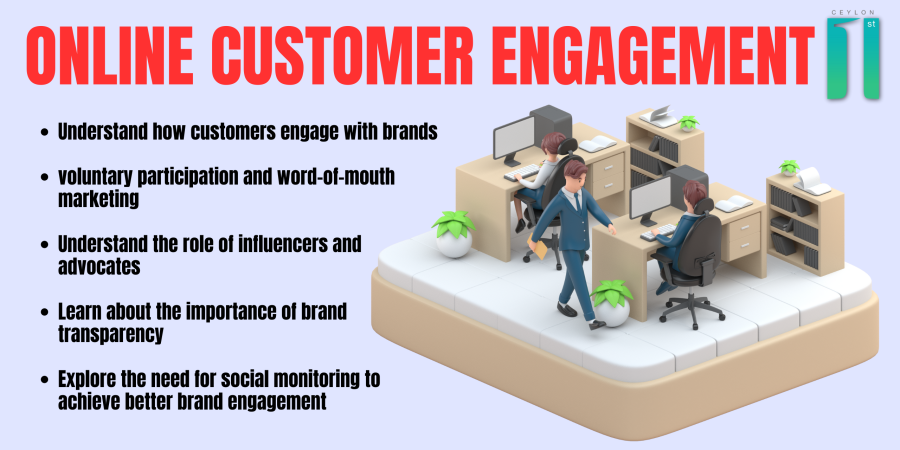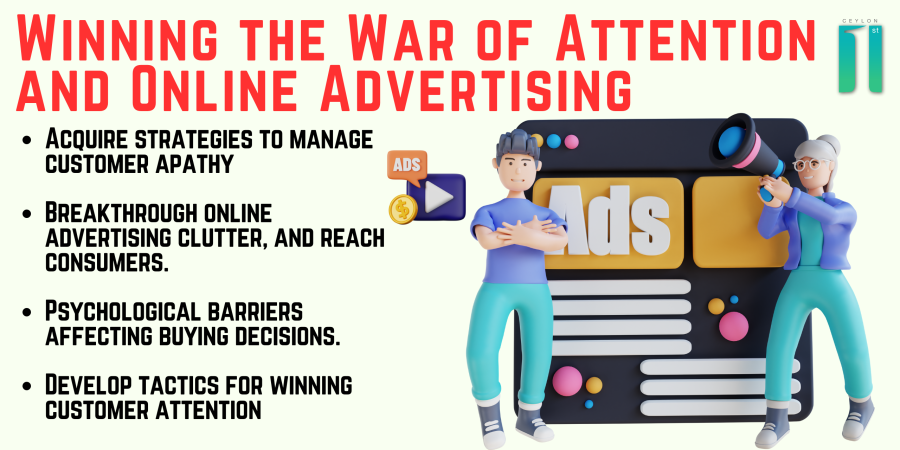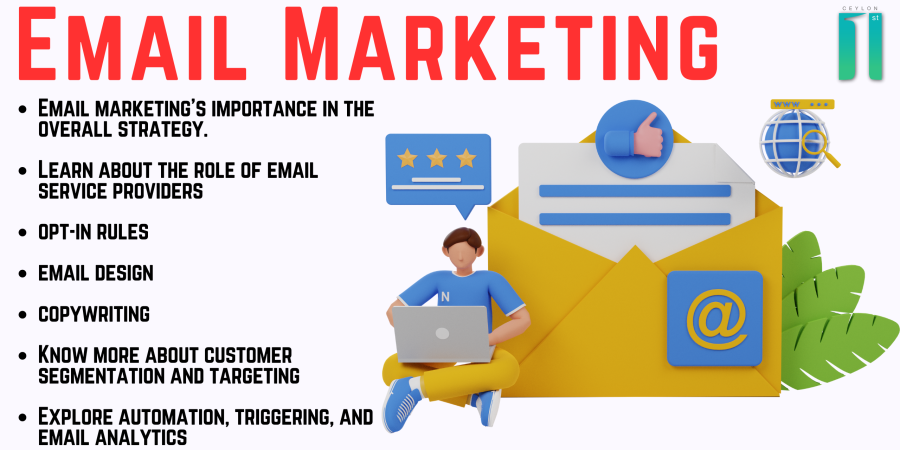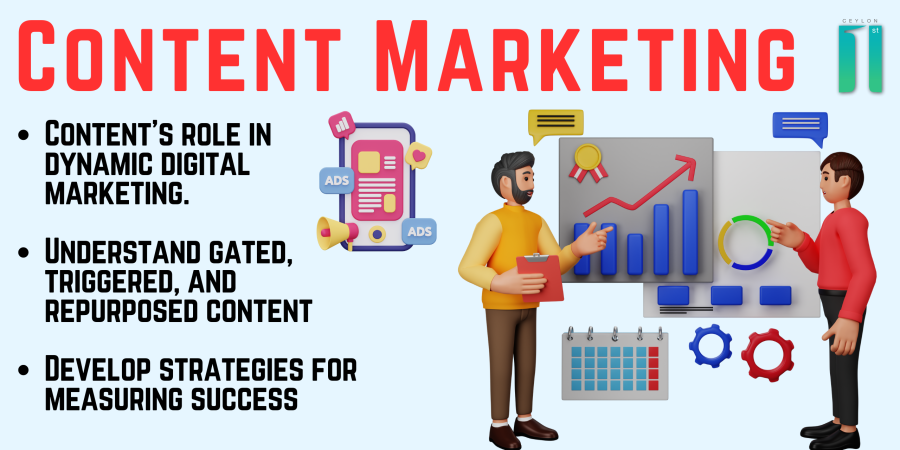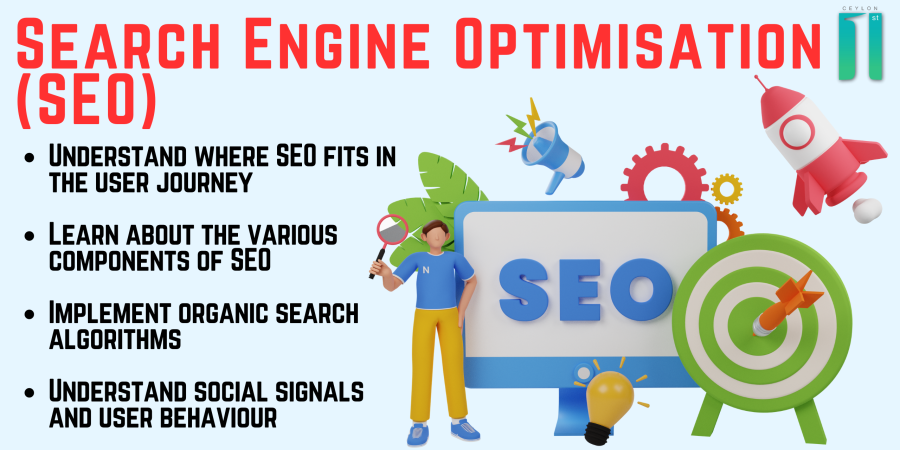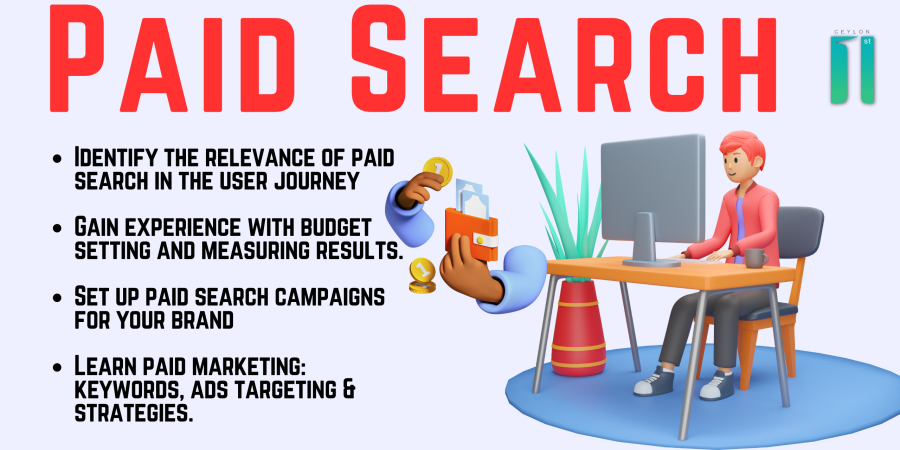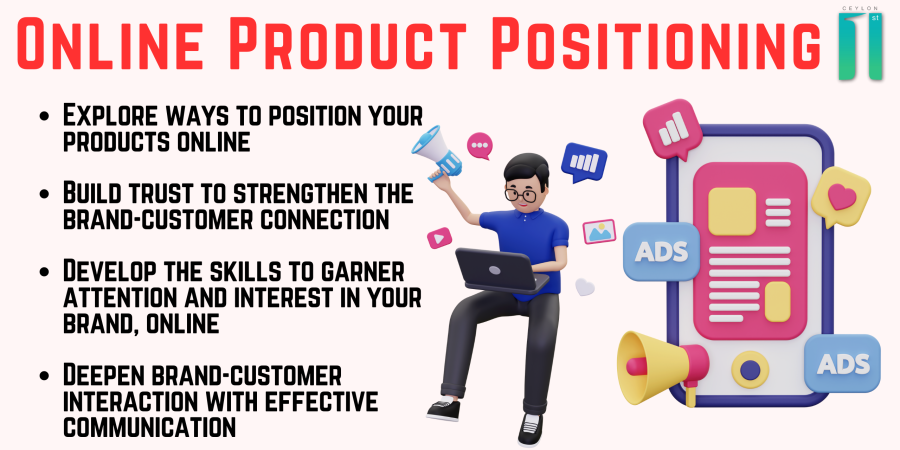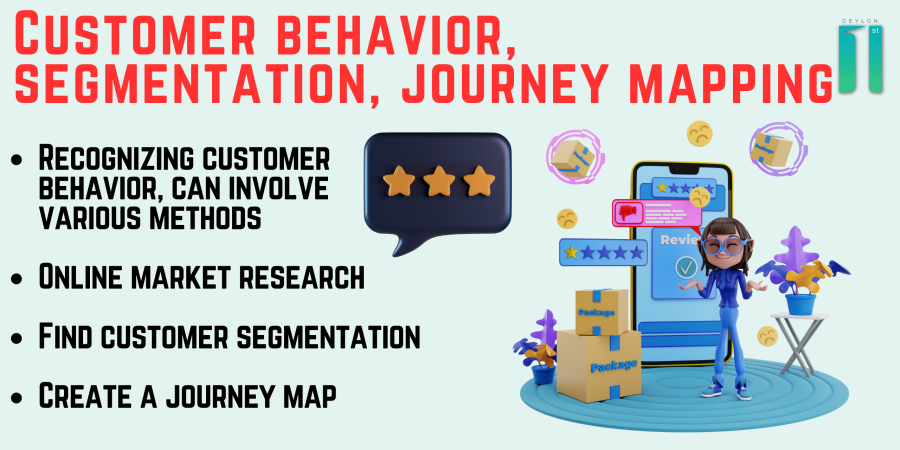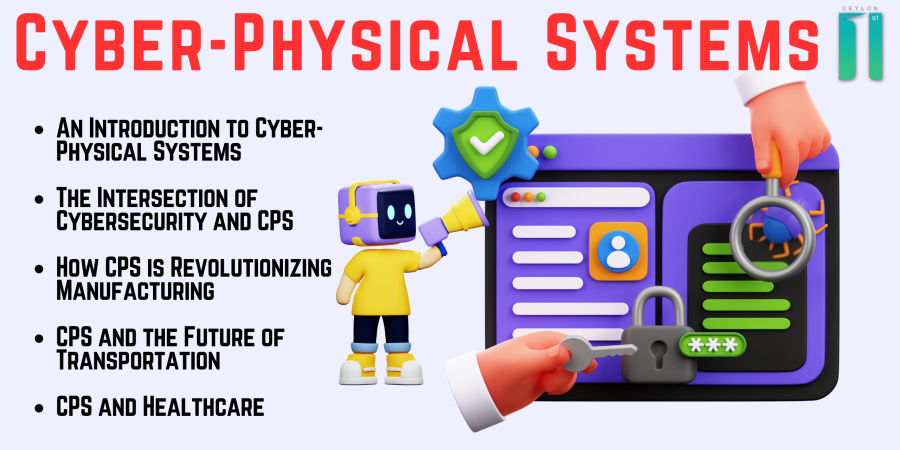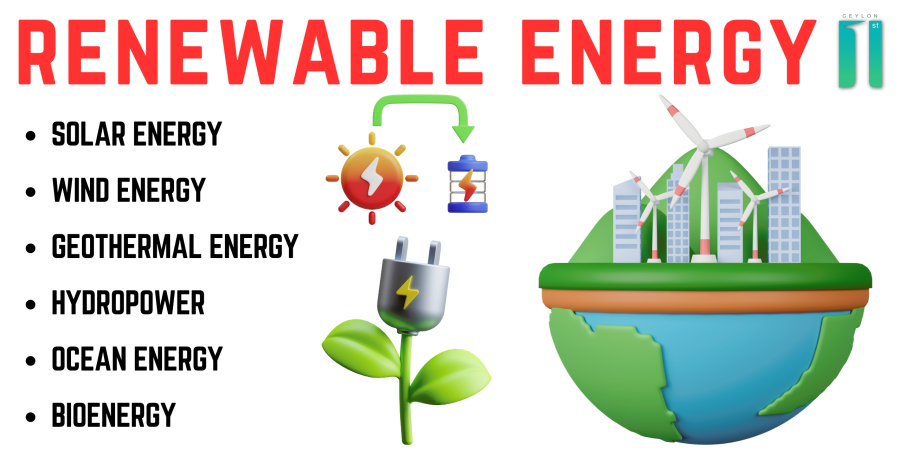Online customer engagement refers to the process of interacting and building relationships with customers through digital channels such as websites, social media, email, live chat, and mobile apps. It involves using various communication and marketing strategies to encourage customers to interact with a brand and create positive experiences that promote loyalty and advocacy. Effective online
Winning the War of Attention and Online Advertising
Winning the war of attention and online advertising requires a strategic approach that focuses on creating content that resonates with your target audience and leveraging the latest digital marketing techniques to maximise your online reach. Here are some key strategies to consider: By following these strategies, you can increase your online visibility, improve your brand’s
Email Marketing
Email marketing is a digital marketing strategy that involves sending commercial messages, typically to a group of people, using email. This form of marketing is widely used by businesses and organisations to promote their products or services, build brand awareness, and engage with their target audience. Email marketing campaigns can be personalised and targeted to
Content Marketing
Content marketing is a strategy used by businesses to create and share valuable, relevant, and consistent content in order to attract and retain a clearly defined audience. The purpose of content marketing is to ultimately drive profitable customer action. Examples of content marketing include blog posts, videos, social media posts, infographics, podcasts, and e-books. The
Search Engine Optimisation (SEO)
Search Engine Optimisation (SEO) is the process of optimising a website or web page to improve its visibility and ranking in search engine results pages (SERPs). The goal of SEO is to increase organic (non-paid) traffic to a website by improving the relevance and authority of the content and making it easier for search engines
Paid Search
Paid search is a type of online advertising where businesses pay to have their ads displayed when users search for specific keywords or phrases on search engines such as Google, Bing, or Yahoo. These ads typically appear at the top or bottom of the search results page and are marked as sponsored or paid results.
Online Product Positioning
Online product positioning refers to the process of strategically positioning a product in the online marketplace to differentiate it from its competitors and appeal to a target audience. It involves creating a unique selling proposition (USP) and promoting the product’s benefits and features to attract and retain customers. To effectively position a product online, businesses
Customer Behaviour, Segmentation and Journey Mapping
Customer behaviour, segmentation, and journey mapping are important concepts in marketing and business. They help companies better understand their customers, their needs, and how they interact with the company’s products or services. Customer behaviour refers to the actions and decisions that customers make when they are buying or using a product or service. Understanding customer
Cyber-Physical Systems
Cyber-Physical Systems (CPS) refer to systems that integrate physical and cyber components, including hardware, software, and communication networks, to interact and collaborate with each other to achieve specific objectives. CPS technology combines the physical and digital worlds, enabling real-time monitoring, control, and communication between different devices, systems, and people. Examples of CPS include autonomous vehicles,
Renewable Energy
Renewable energy refers to energy that is obtained from sources that are replenished naturally and quickly, such as solar, wind, hydro, geothermal, and biomass. These sources of energy are considered renewable because they do not deplete over time, unlike non-renewable sources of energy such as oil, coal, and natural gas. Renewable energy has several benefits


